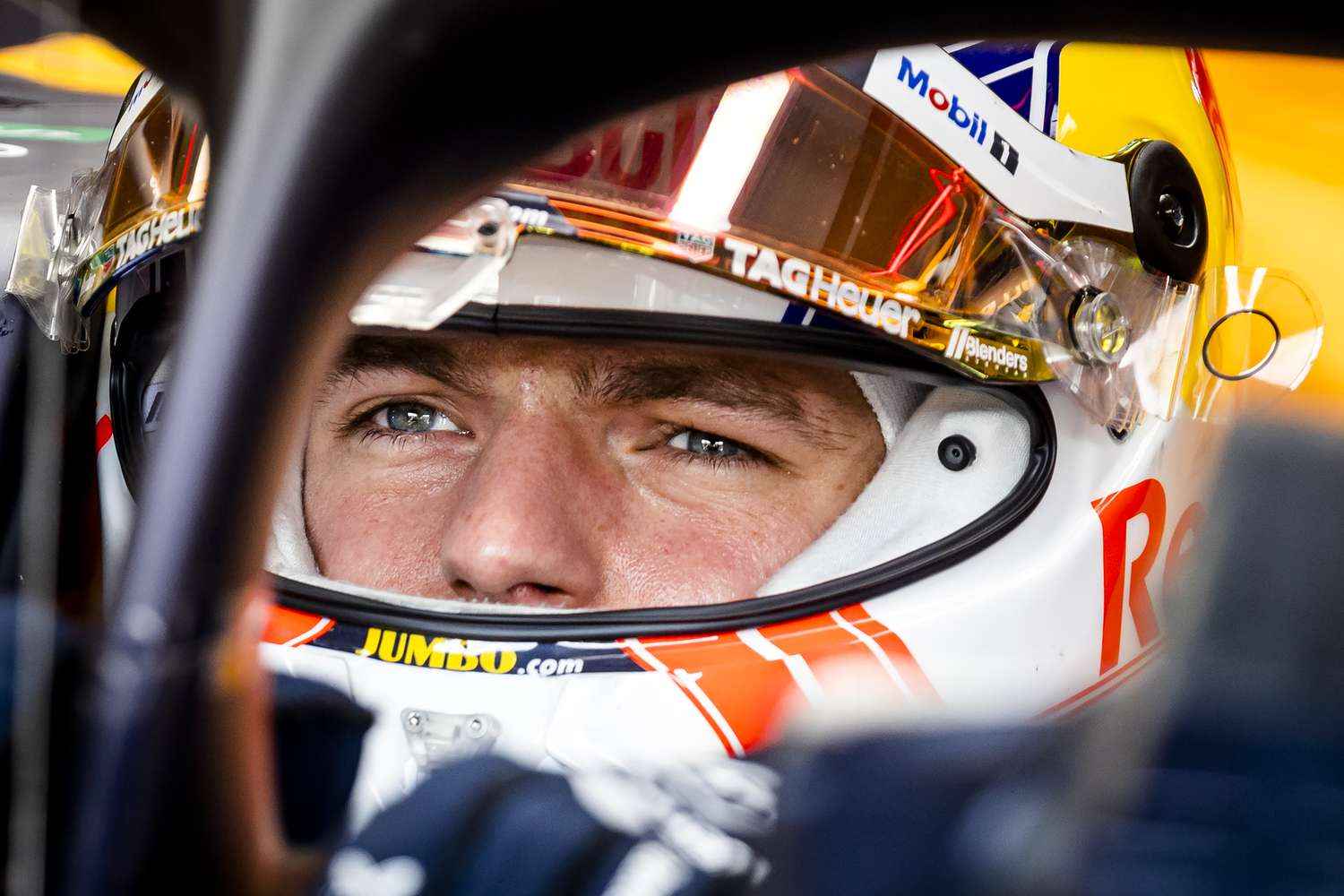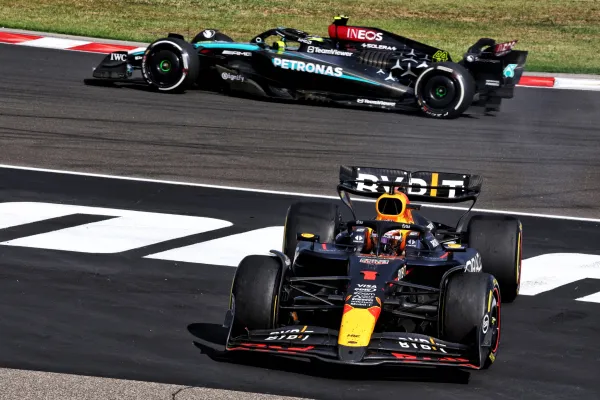The High-Octane Economy Of Formula 1: How Driver Performance Fuels Market Value
Formula 1 (F1) car racing is not merely a high-tech, high-speed spectacle; it is a complex web in which economy, technology, and sport become intertwined. Teams spend time developing, producing, and competing in cutting-edge, open-wheel cars, all fighting for supremacy at the track. As much spectacle and intrigue surround a single competition, financial underpinnings for the sport are multi-faceted, with a significant driving force being a driver’s performance and its value in the marketplace. In this article, we will explore financial drivers in F1, with a spotlight shone on a driver’s talent and achievement and its value in a team’s financials, its draw for high-dollar sponsorships, and its overall value in a multi-billion-dollar marketplace.
The F1 financial environment: a breakdown
The financial underpinnings of Formula 1 are built with a multi-source base of revenues, with sources such as:
Broadcasting Rights: Allotting broadcasting rights for a global audience to cover events.
Race Hosting Payments: Payments to countries willing to stage high-profile Grands Prix
Sponsorships: Partnerships with companies wanting to become involved with the sport’s cachet and access
Prize Money: Funds distributed based on a team’s standing in the Constructors’ Championship.
The distribution of the prize fund, partially calculated according to a team’s position in the Constructors’ Championship, creates a powerful financial incentive to win. Not surprisingly, studies even reveal that such a model of distribution can have an impact in future years, highlighting long-term repercussions of success.
Sponsorships are a lifeline for both the F1 teams and for the FIA (Fédération Internationale de l’Automobile), funding operations and balancing out performance. Sponsoring arrangements range in variety, from operational funding through performance-related incentives. Analysis confirms a direct relation between funding accessibility, the viability of a team, the performance of drivers, and position in the Constructors’ Championship. Ferrari, Mercedes, and Red Bull Racing, the titans of F1, have valuations in excess of a billion dollars and generate several hundred million in annual revenues. Smaller, lesser-known teams have budgets many times less, and a gargantuan wealth chasm in the sport is evident.
Performance and Profit: A Real Connection
The connection between performance and reward in Form 1 is undeniable. There is a strong, negative correlation between a team’s position in the Constructors’ Championship and its financial incomes—in layman’s terms, a better performance (a lesser position number) is accompanied by increased financial success. Teams like Mercedes and Red Bull Racing, consistently taking first position, serve to illustrate this principle.
Driver performance also plays a strong role in negotiations for a new contract. On-track performance is an important consideration in negotiations for an extended contract, with extended deals tending to go with increased base salaries and performance incentives. Involvement with a team, including relations with a driver and strategic factors, can impact negotiations, too. Beyond outright performance, a driver’s marketability, including social following, country of origin, and public perception, can have a significant impact on a driver’s salary.
Measuring Driver Ability: Performance Metrics
Formula 1 driver performance is closely monitored by a range of factors, including:
Championship Points: Points for each position in each competition, with additional points for fastest lap.
Constructor’s Championship: Championship position of a team, determined in terms of overall points gained by both drivers.
Consistency, Adaptability, and Experience: Qualities that go beyond raw pace, with a bearing on a driver’s long-term value and security of contract.
The Star Driver Effect: Value and Visibility
Having a superstar driver can make a significant difference in a team’s worth in the marketplace. For instance, Lewis Hamilton’s record success at Mercedes owes a lot, in part, to the willingness of the team to spend big in terms of technology, outlaying competition in an attempt to present him with a car to win with. Not only have his extraordinary performances taken Mercedes to championship titles, but they have also increased the value of the team’s brand and its global fan base immensely.
A winning driver can also open up new sponsorship avenues and enhance current partnerships. For instance, the massive popularity of Aston Martin’s Sebastian Vettel caused a spike in revenue for the fashion brand ‘Hackett’ because of fervent fan support. This illustrates how a driver’s popularity can translate off the track, creating real financial gains for the team and sponsors alike.
Leveling the Playing Field: Cost Control Strategies
The pronounced wealth inequality in Formula 1 necessitated cost-controlling interventions in a quest to level out competition and promote competitiveness. Liberty Media, the owners of F1, have taken over in driving such interventions in an effort to counterbalance rich teams’ wealth and produce a balanced and unpredictable competition environment.
Despite these efforts, financial realities in F1 are complex. With high-performance cars, top teams can make significant earnings, but numerous minor teams have difficulty becoming profitable and staying in competition in terms of grid presence. The model of revenue distribution, in an attempt to promote competitiveness, can nevertheless indirectly benefit high-performance teams with a proven record consistently over a period of years.
Beyond the Bottom Line: Wider Economic Objectives
In contrast to most of the other sports in which maximizing team value and profit is the sole consideration, many Formula 1 teams have broader financial agendas. Most of the F1 teams, and particularly car manufacturer-affiliated ones, utilize their car racing teams as effective marketing tools for sales of their road cars. An F1-winning team can then be utilized in an attempt to sell cars for that maker, effectively converting the car racing team into an active and highly conspicuous marketing tool.
The global fan base for the sport also impacts the financials of Formula 1 immensely. Revenue generated through hosting fees for events in all parts of the world and lucrative broadcasting rights contributes a lot towards the financial success of the sport. Increased popularity for Formula 1 in America has unlocked new avenues for earnings and new markets and reflects the potential for continued expansion for the sport.
Navigating Challenges and Seizing Opportunities
Formula 1 has a number of contemporary issues, including
Managing escalating expenses: Maintaining financial viability for all concerned
Ensuring competitive balance: Leveling the field for closer competition
Adjusting to changing consumer trends: Targeting new consumers and embracing new media
However, the sport carries with it tremendous potential, including:
Enhancing fan experiences: creating deeper, more immersive, and more participatory experiences
Expanding into new markets: Targeting emerging economies with growing motorsport demand
Leveraging technology: Optimizing in-racetrack performance and enhancing spectator view with state-of-the-art technology
Conclusion: The Driver-Driver Economy
Driver performance in Formula 1 cannot help but become inextricably linked with financial success in the sport. Driver talent, performance, and competition success have direct consequences for team revenues, secure high-value sponsorships, and contribute to overall marketplace value. In contrast to financial inequality and complex earnings structures, ongoing efforts towards a fairer and more equitable environment will be critical for long-term success for the sport. As Formula 1 evolves, a consciousness of the complex financial interrelationship between driving performance and financial performance will become ever more critical for teams, sponsors, and all involved in high-performance life.






















